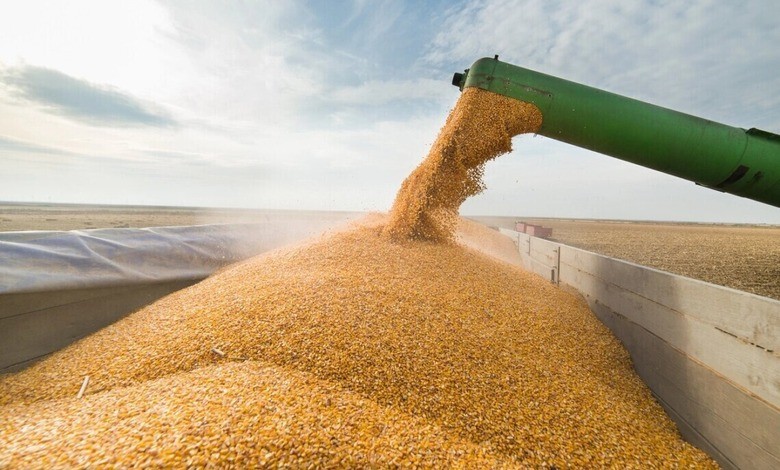Economies and societies are frequently profoundly affected by global conflicts, which have far-reaching consequences beyond the battlefield. The impact of conflict on food prices and availability is one of the most immediate and devastating consequences. A significant global conflict could potentially result in a significant increase in food prices, which could lead to famines in vulnerable regions, as historical precedent and current geopolitical tensions indicate. This blog delves into the significant risks that conflict poses to global food security and the ways in which it influences food markets.
The Impact of War on Food Price Inflation
In times of conflict, there are numerous interconnected factors that contribute to the surge in food prices:
* **Supply Chain Disruptions:** Wars disrupt the production and transportation of food by damaging infrastructure, restricting trade routes, and implementing blockades or sanctions. This results in a decrease in supply, which in turn drives up prices.
* **Deficits in Input:** Fertilizers, fertilizers, petroleum, and machinery components frequently rely on global supply chains. Agricultural yields may be diminished as a result of conflict, which can restrict access to these essentials.
* **Panic Buying and Hoarding:** Consumer and institutional accumulation is exacerbated by uncertainty, which results in the creation of artificial shortages and the subsequent increase in prices.
* **Currency Instability:** Local currencies are frequently weakened by war-related economic turmoil, resulting in an increase in inflation and a rise in the cost of imported food.
* **Increases in Energy Prices:** Typically, conflicts result in an increase in the price of oil and gas, which in turn increases the costs of cultivation, refining, and distribution.
Regions with the highest risk
The poorest and most food-insecure regions are at the greatest risk of famine, despite the fact that rising food prices impact everyone.
* **Countries That Depend on Imports:** As global trade contracts or costs escalate, nations that depend on food imports may encounter difficulties.
* **Conflict Zones:** Regions that are directly impacted by conflict frequently endure crop failures, market collapses, and displacement.
* **Fragile Economies:** Countries with inadequate fiscal capacity and inadequate social safety systems are less capable of withstanding price fluctuations.
**Regions of High Climate Stress:** Regions that are already experiencing drought or extreme weather conditions may be compelled to exceed their capacity.
Historical Insights
This connection has been illustrated in previous conflicts:
* The Syrian civil conflict, which was exacerbated by dearth and economic crisis, resulted in severe food insecurity and famine-like conditions.
* Food shortages and rationing were severe during World War I and II, and price controls were unable to effectively manage inflation.
* Hunger crises have been further exacerbated by recent sanctions and conflicts in countries such as Venezuela and Yemen.
Preventing a Food Price Crisis
Coordinated action is necessary to reduce the risk of famine in the context of global conflict:
* **Preserving Trade Corridors:** Humanitarian exemptions and safe passages for food cargo can save lives, even during times of conflict.
* **Strategic Food Reserves:** In order to stabilize markets, governments and organizations may accumulate essentials.
* **Supporting Local Agriculture:** Import dependence is reduced by increasing domestic production.
* **International Aid:** The rapid mobilization of food assistance is a crucial factor in the ability of vulnerable populations to adapt to disruptions.
* **Economic Stabilization:** Inflationary pressures can be alleviated by measures that promote currency stability and purchasing power.
Conclusion: The Stakes Are High
A significant increase in food prices, which could have catastrophic repercussions for millions, could be the result of a Third World War. It is imperative to comprehend the mechanisms that underlie food price escalation in conflict in order to formulate effective responses. It is not only a humanitarian necessity, but also essential for the preservation of global peace and stability, to ensure food security in the face of global turmoil. In order to avert the onset of famines caused by conflict, the international community must take decisive action.

Leave a Reply